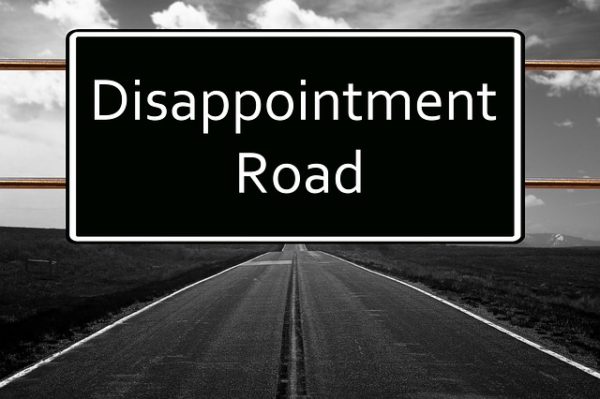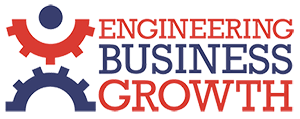How many times have you said you would do something then not done it because nobody will know?
 It’s amazing the power that being accountable to someone else can have as a tool to help us get things done.
It’s amazing the power that being accountable to someone else can have as a tool to help us get things done.
Many people no doubt think “we are grown-ups, we shouldn’t need to depend on others in order to get things done or stay on task.” After all being a mature adult means having the ability to be responsible for oneself. Surely, there is something needy and dependent about relying on someone else!
However, it’s not easy maintaining momentum alone – often people start something with great enthusiasm, but a few months down the line its fallen by the wayside. I’m sure we’ve all seen that happen to people who’ve started a new weight loss regime or exercise program.
This is where accountability can come in as a powerful tool. There’s something almost sacred about taking our commitments seriously  when we share them with someone else or when we make a pact to reach a common goal.
when we share them with someone else or when we make a pact to reach a common goal.
On a freezing January morning you might pull the covers back over your head rather than go to the gym alone. But if you’ve promised to meet someone there at 7am there’s a much better chance you’ll actually get out of bed and go – the relationship adds a significant measure of motivation.
This is especially true of a commitment that involves regular and ongoing action. A regular commitment requires sustained discipline and focus, and this is something that accountability can be used to help us maintain.
This is true in all walks of life but it can be a particularly useful tool for business owners or leaders to employ. Many business owners and leaders are competent, successful, self motivated individuals who are used to making things happen, yet most would recognise they still have areas they need to improve and change, and often struggle to make the changes they want.
No doubt they are often getting caught up in reactive day to day activity and letting the proactive business development activity that will grow and change things slip off the priority list.
A great tool to ensure this change and accelerate the growth of their business is to make themselves accountable for the activity needed to drive and accelerate growth.
What is accountability?
The dictionary definition of accountability is : the quality or state of being accountable; especially : an obligation or willingness to accept responsibility or to account for one’s actions.
 The key word in this is responsibility for actions. Accountability is all about ACTION. It drives the learning and action cycle and when sustained over time creates change.
The key word in this is responsibility for actions. Accountability is all about ACTION. It drives the learning and action cycle and when sustained over time creates change.
Having someone check in that action has been taken as agreed ensures progress. The simple act of telling your plan to another person raises the stakes. Making your commitments public draws your attention to it and reinforces its importance.
Accountability can provide the means for change and creates a great opportunity to acknowledge when you succeed. The structure of an accountability partnership helps to instigate and maintain action to achieve goals.
Accountability as a coaching tool
Accountability is an essential part of an effective coaching relationship. By holding our clients accountable to their purpose, vision,
strategy and commitments to action we help them to keep on track, keep taking action, focus on the learning and move forward.
By holding clients’ to account they are supported to move into new territory, stretching their boundaries, finding new resourcefulness. Constantly moving forward and reviewing, considering what worked? What didn’t work? What would they do differently next time?
They’re coming up with new ways of operating and overcoming old resistance. Accountability gives structure for this growth and the bi product is measurable results in business and life.
Using the Accountability tool yourself
As a business owner or manager, finding ways to be more accountable about undertaking the important business development  activities you need to do to grow is a great way to help you make sustained progress.
activities you need to do to grow is a great way to help you make sustained progress.
So why not consider putting this tool into action. Who could you be accountable to? Or what systems can you put in place to support this process?
Being accountable isn’t necessarily a comfortable thing, but remember, what’s at stake if you don’t take this action? And consider what are the possible rewards if do? Being clear on these can raise the effectiveness of accountability by reinforcing in a vivid way, the ultimate rewards or costs for following through or not.
If you would like to know more about how we can hold you accountable, see our coaching services HERE and check out our group coaching and accountability programme, the NEXT LEVEL BUSINESS MASTERCLASS.


Trackbacks/Pingbacks